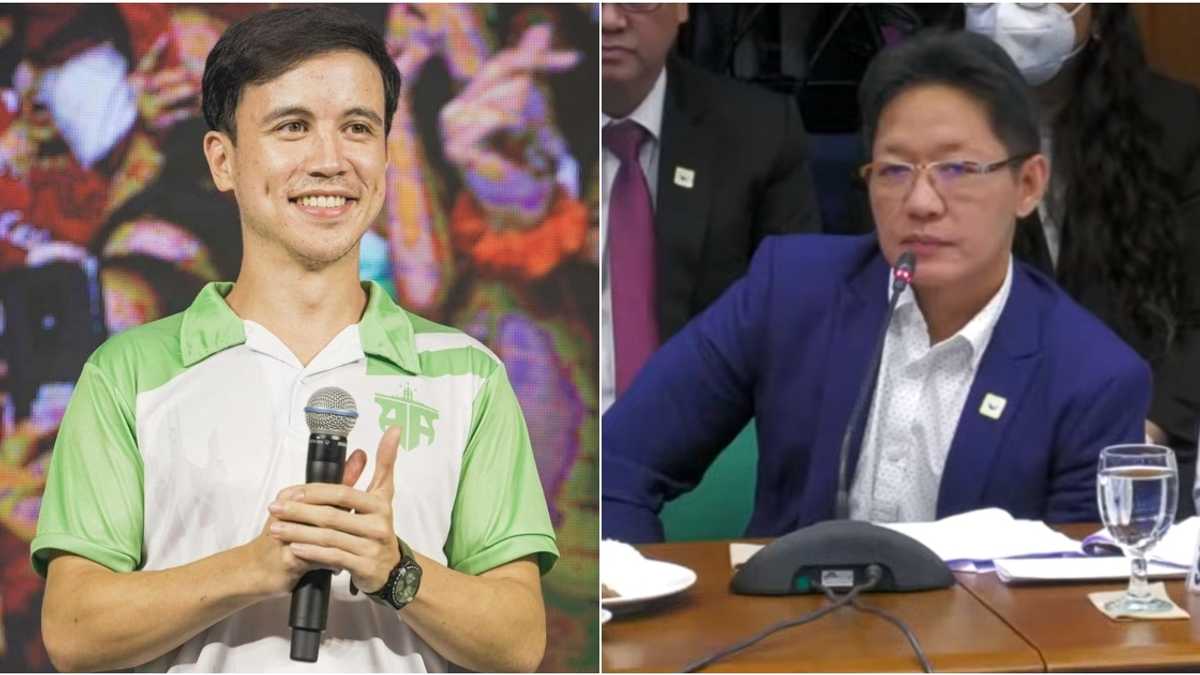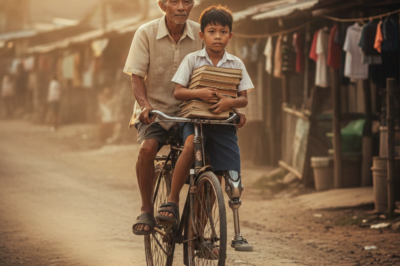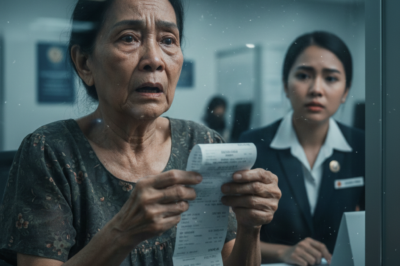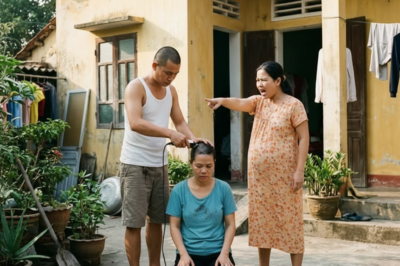Arjo Atayde Dragged Into DPWH Flood Control Corruption Scandal: The Discaya Testimonies That Rocked the Nation

Manila, Philippines – In a scandal that has stunned both the political and entertainment worlds, Congressman and actor Arjo Atayde has found his name embroiled in allegations of corruption linked to the Department of Public Works and Highways (DPWH) flood control projects. The charges come not from anonymous whispers, but from Sarah and Curlee Discaya, contractors who claim to have witnessed and experienced firsthand the system of kickbacks, rigged bidding, and entrenched corruption plaguing government infrastructure.
The Discaya Bombshell
The controversy exploded during a Senate Blue Ribbon Committee hearing when the Discayas alleged that DPWH officials and lawmakers demanded 10–25% kickbacks on multi-million peso flood control contracts. According to their sworn statements, refusal to comply meant losing the contract altogether or facing fabricated problems with right-of-way and project approvals.
Among the names dragged into their testimonies: Rep. Juan Carlos “Arjo” Atayde.
The Discayas claim that Atayde’s name surfaced in conversations involving “political middlemen” who allegedly ensured that only those willing to pay up could secure project deals. In their words, it was a “culture of corruption” so deeply entrenched that no small contractor could survive without playing along.
Arjo Atayde’s Defense
Atayde was quick to deny the accusations. In a statement released after the Senate hearing, he insisted he had “never directly dealt with the Discayas”, stressing that any photos of him with contractors were taken at public events and not at secret meetings.
“I categorically deny these allegations. I have never asked for nor accepted bribes. The picture being circulated was not from a planned meeting. These are lies meant to destroy my reputation,” Atayde said.
He vowed to cooperate with any official investigation but emphasized that the charges were politically motivated.
The DPWH Flood Control Scandal
The flood control budget has long been controversial. Billions of pesos are poured annually into projects meant to protect communities from devastating typhoons and floods. Yet, for decades, watchdog groups and ordinary citizens have accused DPWH projects of being overpriced, poorly built, or ghost projects altogether.
The Discayas’ testimony offered a rare insider’s view: contracts allegedly pre-arranged, prices inflated to cover the demanded kickbacks, and intimidation tactics to silence those who resisted.
Their claim: lawmakers and DPWH officials turned flood prevention funds into a personal cash cow—at the expense of communities that continue to drown each rainy season.
Public Reaction
The fallout has been fierce. On social media, hashtags like #ArjoExposed and #FloodControlScam trended within hours of the Senate hearing.
Supporters of Atayde argued the charges are a “trial by publicity,” calling for due process and reminding the public that allegations are not proof.
Critics, however, seized on the story as another example of systemic corruption, demanding accountability and pointing out that public funds for disaster protection are among the most sacred.
For actress Maine Mendoza, Atayde’s wife, the scandal has placed her in an agonizing position. After days of silence, she released a careful statement:
“I love my husband and I stand by him. But I also love this country. I ask that the truth come out through proper investigation. Please do not judge prematurely.”
Her words reflected both loyalty and the pressure of public scrutiny.
The Discayas Seek Protection
Perhaps the most dramatic twist came when the Discayas requested protective custody, claiming they feared for their lives. They vowed to testify further if given state witness status.
“We cannot remain silent anymore. The people must know how deep the corruption goes,” they said.
Their courage—or opportunism, depending on whom you ask—has kept the scandal alive, forcing both Congress and the DPWH to confront uncomfortable questions.
What’s Next?
The Senate has pledged to investigate further. Legal experts say much will hinge on whether documentary proof—contracts, bank transfers, receipts—can be produced to back up the Discayas’ claims. Without hard evidence, the allegations may fade into the long list of unresolved political controversies.
But if proven true, the scandal could topple careers, expose billion-peso fraud, and send shockwaves through both the political elite and the entertainment industry.
Conclusion
At its core, the scandal is bigger than one congressman’s name. It is about the integrity of public works meant to save lives. For Arjo Atayde, the coming weeks could decide whether he clears his name—or becomes the latest symbol of a broken system.
For the Discayas, it is a fight for survival against forces far larger than themselves.
And for the Filipino people, it is yet another reminder of the price of corruption: billions lost, communities unprotected, and trust in leaders shattered.
News
Inampon ng guro na hindi kailanman ikinasal ang kanyang inabandunang estudyante na naputol ang binti. Pagkalipas ng dalawampung taon, naantig ng bata ang milyun-milyong tao…
Si Propesor Don Ernesto Ramírez ay nagturo ng panitikan sa isang pampublikong hayskul sa labas ng Mexico City, malapit sa Iztapalapa. Kilala siya…
Ako ay 65 taong gulang. Nagdiborsyo ako limang taon na ang nakararaan. Iniwan sa akin ng ex husband ko ang bank card na may 3,000 pesos. Hindi ko ito hinawakan. Pagkalipas ng limang taon, nang i-withdraw ko ang pera… Ako ay paralisado.
Ako ay 65 taong gulang. At pagkatapos ng 37 taon ng pagsasama, iniwan ako ng lalaking halos buong buhay ko…
Siyam na taon matapos silang mawala sa kabundukan… Tanging ang aso lamang ang bumabalik
Isang Golden Retriever ang Bumalik Pagkatapos ng 9 na Taon – at Humantong sa Kanila Pabalik sa Katotohanan Ang Golden…
Kinaladkad ako ng aking asawa sa gitna ng bakuran, pinahiya sa harap ng dalawang pamilya at saka inahit ang ulo at pinahiran ng apog para lamang “mapasaya” ang kanyang kabit na buntis ng kambal na dalawang lalaki. Ngunit sa gabing iyon, tahimik kong pinirmahan ang isang papel—hindi iyon divorce paper, kundi…
Noong araw na iyon, kinaladkad ako ng aking asawa palabas sa bakuran, sa harap ng kanyang mga kamag-anak, ng aking…
Ibinuhos ng asawa ang bagoong sa ulo ng kanyang asawa para lang pasayahin ang buntis niyang kabit na may dinadalang anak na lalaki. Ngunit hindi niya inakalang makalipas lamang ang sampung minuto, ang paghihiganti ng buong pamilya ng babae ay magpapatumba sa “third party” nang hindi man lang ito makakilos…
Ang lalaking minsan kong tinawag na asawa—sa harap ko at sa babaeng karelasyon niya—ay diretsong ibinuhos ang isang mangkok ng…
Nang malaman ng aking biyenan na kumikita ako ng ₱100,000 kada buwan, mariin niyang iginiit na dalhin ang tatlo niyang kapatid na lalaki mula sa bukid upang tumira kasama namin, at inutusan pa akong pagsilbihan sila araw-araw. Tahimik akong nagplano sa aking isipan, at makalipas lamang ang isang araw, may isang bagay na lubos na hindi inaasahan ang biglang nangyari…
Nang malaman ng biyenan kong babae na kumikita ako ng ₱100,000 kada buwan, bigla siyang nagbago.Hindi na siya mapanlait, hindi…
End of content
No more pages to load












